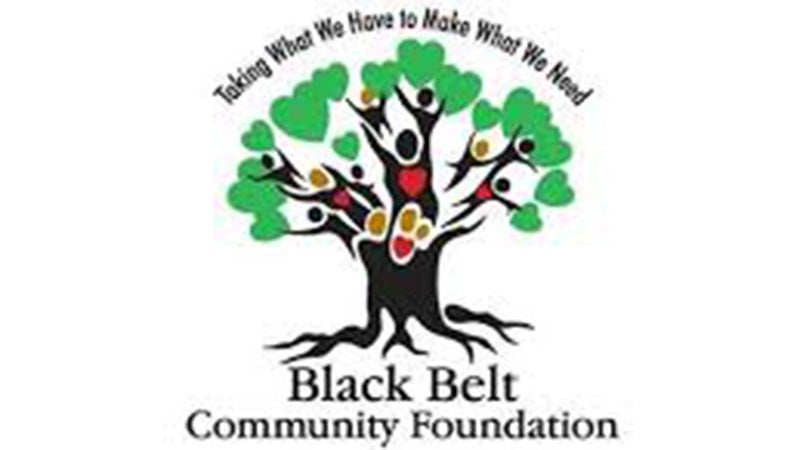BBCF to benefit from Regions’ rural support effort
Published 2:30 pm Monday, August 17, 2020
|
Getting your Trinity Audio player ready...
|
The Regions Foundation, a nonprofit initiative of the bank, announced its commitment to provide $300,000 to help rural cities and counties in Alabama fight the growing costs related to the COVID-19 pandemic in a press release Monday.
Regions’ donation will go to support the work of two organizations – Black Belt Community Foundation (BBCF) and Hope Enterprise Corporation.
“We are focused on supporting the economic strength of our communities and that focus has not changed during the pandemic,” said Regions Foundation Executive Director Marta Self in the press release. “Instead, it has grown. Each day, the Regions Foundation is working with community partners who are on the frontlines with underserved cities and counties that are hit hard by the virus. The result of the financial commitment we are announcing…is that more Alabama communities – and, in turn, more people – will have resources they need.”
The two organizations, BBCF and Hope Enterprise, will administer a line of credit for cities and counties in the Black Belt region, which will provide up-front financing to help municipalities and counties cover millions of dollars-worth of pandemic-related costs.
Additionally, cities and counties can seek reimbursement for those costs through funds made available through the federal Coronavirus Aid, Relief and Economic Security (CARES) Act and Alabama’s coronavirus relief fund.
The press release notes that the Black Belt, once named for the region’s dark topsoil, is a stretch of counties across western, central and southern Alabama that have been historically underserved and faced high rates of poverty and little access to jobs.
The COVID-19 pandemic, which has gravely impacted Black and underserved communities at much higher rates than other communities, has only made the situation on the ground worse.
“We know that not every community has the capacity to access CARES funds made available by reimbursement,” said BBCF President Felecia Lucky. “To qualify for help, a community must spend its funds to be reimbursed. If those funds don’t exist, then residents are at a disadvantage in the fight against COVID.”
The foundation’s gift to the two agencies will be handed down in two forms – first, a $150m,000 program-related investment (PRI) from the Regions Foundation will provide up-front lending capital for the project; second, a $150,000 grant will be available to support a loss-reserve poll to help cover any potential losses if cities or counties are unable to repay their lines of credit.
“This project will facilitate access to critical CARES Act funding that will enable cities and counties to advance health, safety and economic opportunity in communities and for people who absolutely need it the most,” said Hope Enterprise Coalition Senior Vice President of Community and Economic Development Kendra Key. “Hope Enterprise Corporation is honored to join the Black Belt Community Foundation and other critical community partners, like the Regions Foundation, in assisting communities in the fight to mitigate and recover stronger from COVID-19.”
Alabama Sen. Malika Sanders-Fortier, D-Selma, and Alabama Sen. Bobby Singleton, D-Greensboro, collaborated with BBCF to form a COVID-19 response task force, which has already been used to connect people in need with resources.
“This is an initiative that shows the results we can achieve when we combine resources and energy toward one common goal,” Sanders-Fortier said. “What Hope Enterprise Corporation and the Black Belt Community Foundation are providing is about access and opportunities. That is, access to critical funding and opportunities to recover and move forward after a very difficult time.”
“This initiative will assist financially-strapped counties and cities in the Black Belt that don’t have the financial wherewithal to spend money up front in order to access the funds they need to fight COVID in their communities,” Singleton said. “But for this collaboration we have brought together to create this fund, many poverty-stricken communities that are struggling would not be able to access critical CARES Act funding.”






